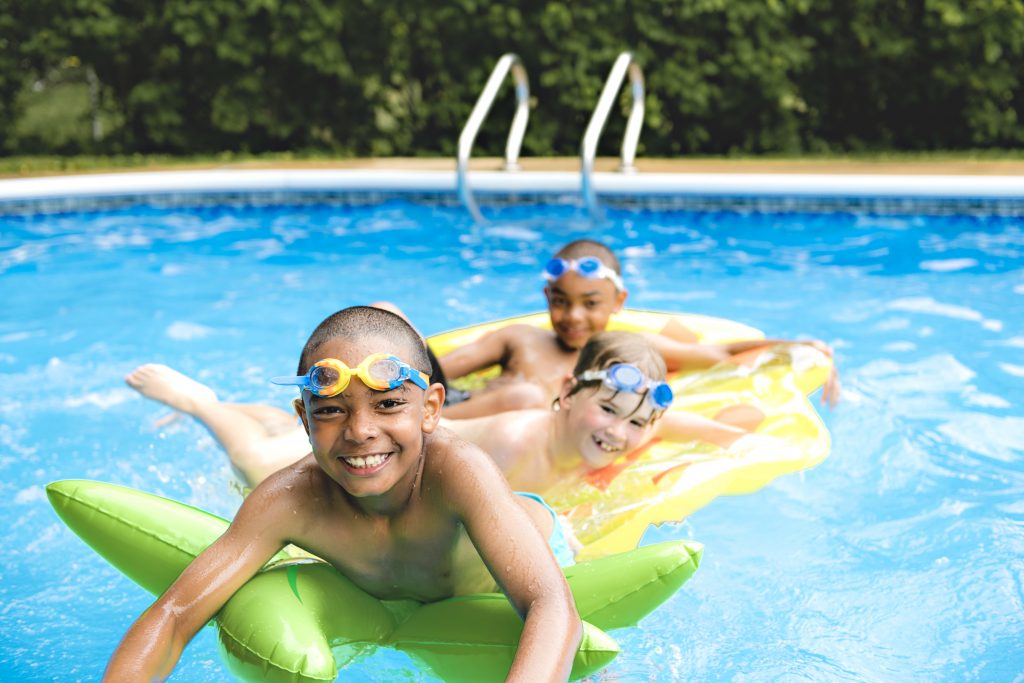
Summer break means swimming!
While it might not be fun to think about, it is important to remember that swimming might be a fun way to relax on a hot day but it also means you are encountering other people’s germs.
One of the most dangerous germs you can encounter while swimming is Crypto.
Crypto, short for Cryptosporidium, is one of the most common causes of recreational water illness in the United States. It is a parasite that is found in the fecal matter of a person who has been infected and for those infected can cause prolonged diarrhea (for 1–2 weeks). It can make anyone sick, but young children, pregnant women and individuals with weakened immune systems are more likely to become seriously ill when infected.
It is common for most adults to think, “There’s so much chlorine in pools that it will kill off any germs that could make me sick.” That is not the case with Crypto.
“Unfortunately, the parasite has an outer shell that allows prolonged life outside the body as well as being chlorine tolerant which can pose a problem for pool owners,” said Kenneth Lowery, Epidemiologist with the Georgia Department of Public Health’s South Health District.
According to the CDC, “Crypto is spread by swallowing water that has been contaminated with fecal matter containing Crypto. You share the water—and the parasite in it—with every person who enters the pool. If one person infected with Crypto has diarrhea in the water, the water can be contaminated with tens or hundreds of millions of germs. Swallowing even a small amount of pool water that has been contaminated with the Crypto parasite can make you sick. Crypto can also be spread by swallowing contaminated water from water parks, interactive fountains, water play areas, hot tubs, lakes, rivers, springs, ponds, streams, and oceans.”
As of July 3, 2019 South Health District has had no reported cases of Crytpo across our district, however it is still important to be proactive and take proper steps to protect yourself and your family.
So how can you protect yourself from Crypto?
- Stay out of the water if you have diarrhea.
- Shower before you get in the water.
- Don’t pee or poop in the water.
- Don’t swallow the water.
For parents it is also important to remember the “every hour—everyone out!” rule.
Every hour make sure to:
- Take kids on bathroom breaks.
- Check diapers, and change them in a bathroom or diaper changing area—not poolside—to keep germs away from the pool.
- Reapply sunscreen.
- Drink plenty of fluids.
